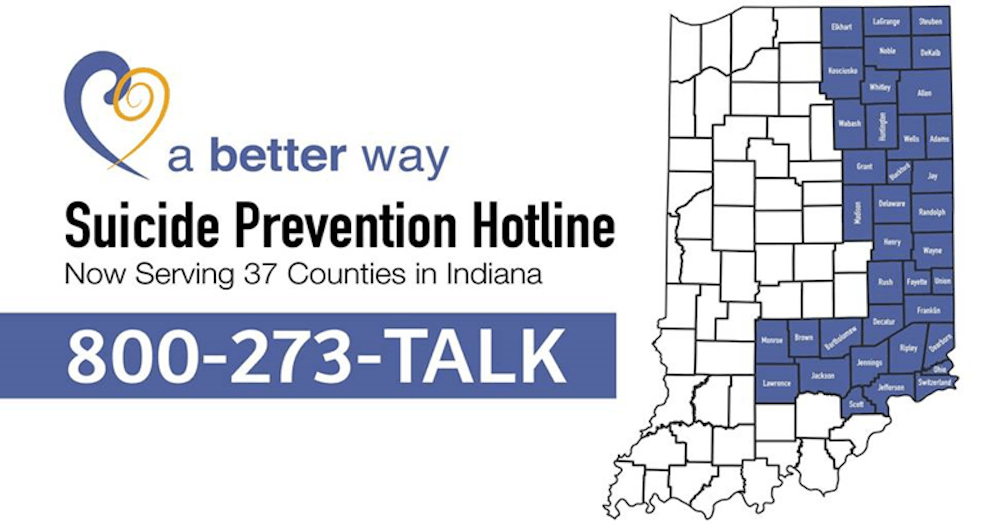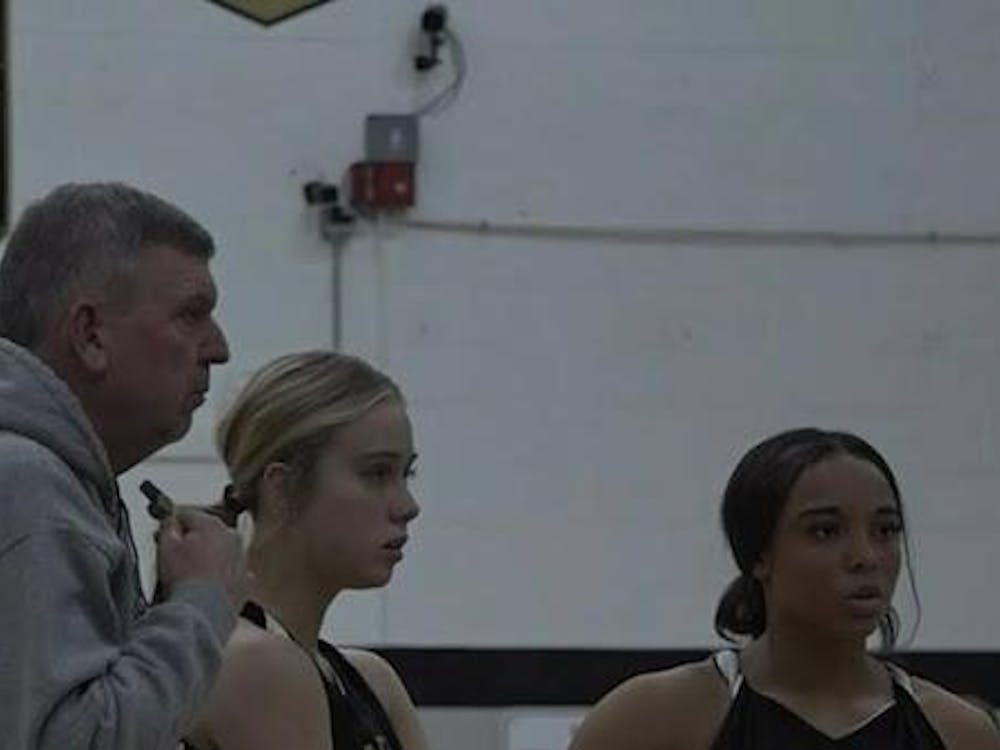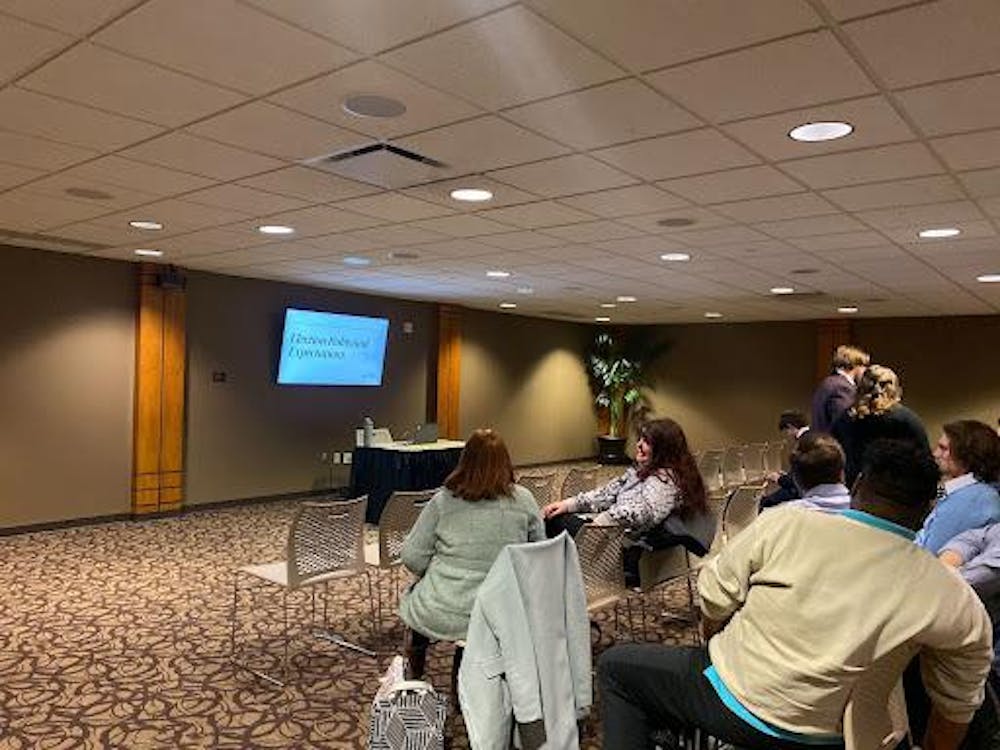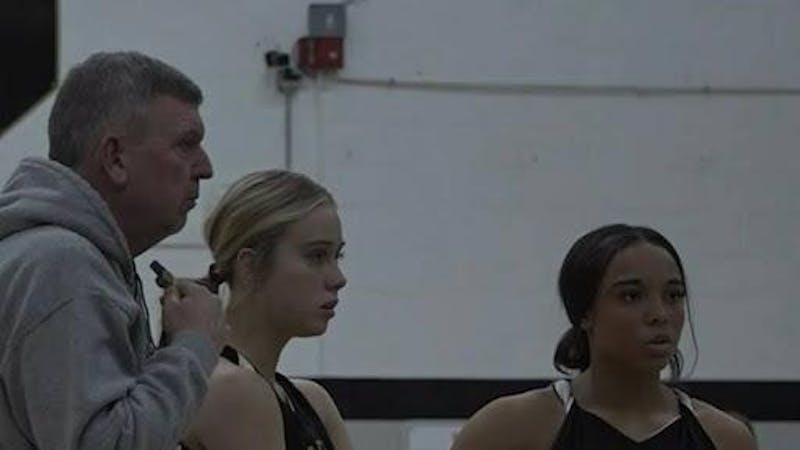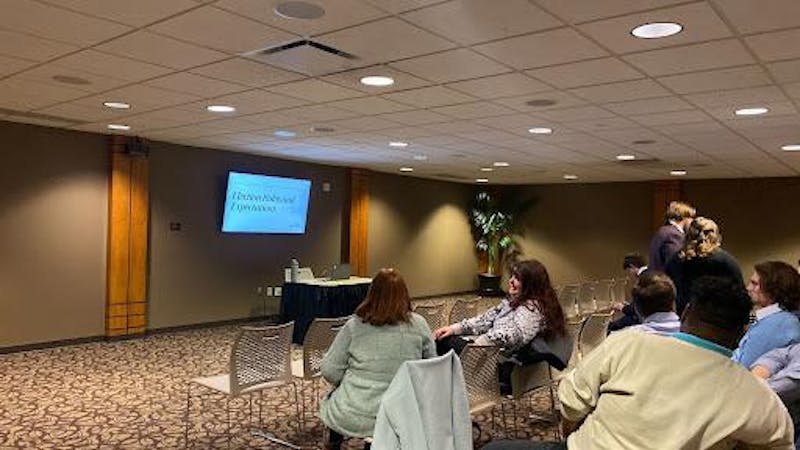MUNCIE, Ind.(NewsLink) -- September was Suicide Awareness Month, a month dedicated to educating people about the resources that are out there if someone was contemplating suicide.
One of those resources is at a local domestic violence shelter.
A Better Way is primarily known for providing shelter and services for victims of domestic violence and sexual assault, but they are also home to a national crisis hotline for those contemplating suicide.
Tracy Bemis-Smiley is the suicide prevention program coordinator at A Better Way, a line of work she originally wasn’t planning on going into.
“I never really thought about a goal or a career in suicide prevention, but around 2009, we decided to get some extended training in suicide prevention to help with not only our clientele that we provide services to, but also with our local crisis line so we could have the skills that are really necessary with helping somebody that’s having thoughts of suicide. So, from there, it just kinda has snowballed and our center has gone from just having our local crisis line… to being one of the providers for the national suicide line and we serve 37 counties in Indiana for that lifeline,” she said.
Bemis-Smiley graduated from Ball State University with a social work degree and knew she wanted to help individuals who were in dire situations. She originally wanted to work with children, but said she just never got involved and has always ended up working with adults.
“I’ve always worked with adults and I just feel like I’m able to provide guidance and tools to help empower them to make their own decisions of what they are wanting in life,” she said.
While suicide was never on her radar, Bemis-Smiley said she feels important to have the opportunity to help.
“It’s just really important to be able to help somebody at a time when they are feeling really helpless and at a loss, to be able not to save their life, but just to help them get the focus back they need to save their own life.”
The prejudice around suicide and mental health
Even though there is a whole month dedicated to suicide awareness, there is still a lot of prejudice and discrimination around the topics of suicide and mental health.
Suicide was considered a criminal offense in some countries as recent as the 1950s, which Bemis-Smiley thinks perpetuated these thoughts.
“Well it probably has something to do with our history. With suicide, it was illegal to attempt suicide so people were afraid that they were going to get locked up. People are afraid of individuals with mental health issues, that there’s something wrong with them,” she said.
She thinks the main issue now has to do with a lack of knowledge.
“So, I think it’s just that lack of knowledge and education to individuals that mental health is just basically like having cancer. It’s not something that anyone can prevent… and it happens to anyone. So, the more we talk about it and we normalize it and get rid of those stigmas, I think the more people will be open to reaching out for help,” advised Bemis-Smiley.
As time has gone on, more resources have become available to those struggling with mental health, which Bemis-Smiley thought helped with eliminating some of the prejudice.
“I believe it has gotten a lot better. First of all, the laws are gone related to suicide being illegal. People are more open to working with mental health individuals. They’re understanding. They’re mainstreamed… It’s not like them being locked up in mental institutions. The services are there to help provide what individuals need to help work with their mental health issues, to help them function daily. I think it can get better, but I think we have come a long way,” she said.
How the workers received proper training
In order to properly talk to people struggling with mental health, people need to have the proper training in order to know what to say and how to react.
There are many different types of suicide prevention training programs out thre, but two of the more popular ones are ASIST and SafeTALK. Bemis-Smiley and her coworker took these courses in order to properly train themselves on how to help people with their mental health.
“The SafeTALK is the Suicide Awareness for Everyone training, so that is about a three-and-a-half to four hour training, just making individuals aware of what to look for for somebody who might be having thoughts of suicide and help them. The ASIST is a full two day training which actually works on intervention, so it’s Applied Suicide Intervention Skills Training. Not only does it help you know how to provide an intervention for a person who’s having thoughts of suicide, but also it helps you to look at your own biases of suicide and how to set those aside or ask will they be helpful or will they be harmful to that person. It really kind of takes a full look at it and says so let’s start with us first on what our thoughts are related to suicde and then how can we help individuals with their thoughts of suicide,” she said.
These programs teach you what kinds of things to say and do in order to identify and help people who may have suicidal thoughts, but when asked what the most important thing is that they tell those who need help was, Bemis-Smiley said the most important thing is actually what the workers do.
“The most important thing is to be able to listen. Be able to listen and not be judgemental. Don’t promise to keep secrets, don’t panic, there’s nothing to be afraid of. It’s just giving them that opportunity to talk about suicide and not wanting to live. I think so many people think you have to remind them why they want to live and not give them that opportunity to talk about what they’re going through. That’s what pushes people off is not having that ability to get people to talk about what’s going on,” she said.
How the workers take care of their mental health
While workers may be trained on how to look out for others, it can sometimes be easy to forget to look out for themselves. When talking to people struggling with mental health, sometimes people have already decided what they are going to do and, while rare, will occasionally take their life while on the phone.
“In the years that I’ve been doing this, I’m going on probably about 12 years of doing suicide work, I’ve known of two situations in our facility where comeone has died by suicide while on the phone,” Bemis-Smiley said.
While that situation may be rare, it is also possible that some people commit suicide after hanging up.
“I’m not going to say that everybody who I’ve gotten off the phone with has continued to live because I don’t know,” she said.
These situations can be incredibly stressful for the workers who took the calls and can even cause Post-Traumatic Stress Disorder. So, how does Bemis-Smiley ensure that her employees watch their mental health? She talks to them like she would anyone else.
“Definitely encourage them to debrief on really hard phone calls or chats. Be able to discuss the situation, talk about how it was handled and just encourage them to continue to move forward, take time for themselves if they need to. We have had a couple of or staff who have had suicide in their life where they’ve lost a family member or another loved one and we make sure we give them the time that they need to be able to grieve and process that before we have them answering anymore calls on the hotline or taking any chats,” she said.
How COVID-19 increased the quantity of calls
Back when COVID-19 shut down the nation in March, many people found themselves home alone with nothing to do and no one to talk to. This loneliness caused a surge in mental health issues and, as Bemis-Smiley said, in the amount of calls the hotline received as well.
“Since about March, we’ve had a steady increase in calls. So every month, we’ve just slowly increased just because since July we slowly added some new counties to our system. We have had people that have had more anxiety increase because of the quarantine,” she said.
She also said the biggest issue that the workers have heard about the most was people feeling lost.
“Just have a loss of support, a loss of their everyday routine, not being able to see family and loved ones. So, it has been very difficult for individuals to cope with isolating and social distancing,” she said about those calling due to the quarantine.
Bemis-Smiley’s biggest advice
While more resources have become available to help those struggling with their mental health, many Americans are still afraid to reach out due to the negative stigma. These people rely on their friends to talk them down, which can be hard if one doesn’t have the proper training.
So, how do you help a friend in need? Bemis-Smiley said her biggest advice to people who have friends struggling with mental health is to not be afraid to ask hard questions.
“Don’t be afraid to ask the words ‘Are you thinking about suicide?’ It’s very important to be direct, to be open. When we have open conversation, it's really beneficial for everyone. When you’re comfortable talking about it, even when you’re not comfortable talking about it, but you’re comfortable enough to say those words, that’s saying that I care about this person and I want the best for them. I really want to help them out, so I’m going to ask this difficult question that many people are afraid of,” she said.
And her biggest advice for people struggling with their mental health?
“Don’t be afraid to reach out for help. It can be hard. It can be very difficult because there’s still a lot of people with that stigma, but it’s really important that you know that people are here to help you.”
Where to find help
If you or a friend are a resident of the following counties needing to talk about your mental health, you can call the local lifeline at 288-HELP:
Adams
Allen
Bartholomew
Blackford
Brown
De Kalb
Dearborn
Decatur
Delaware
Elkhart
Fayette
Grant
Henry
Huntington
Jackson
Jay
Jefferson
Jennings
Kosciusko
Lagrange
Lawrence
Madison
Monroe
Noble
Ohio
Randolph
Ripley
Rush
Scott
Steuben
Switzerland
Union
Wabash
Wayne
Whitley
For those outside of the counties the A Better Way serves, you can call the National Suicide Prevention Lifeline at 1(800)273-TALK or participate in an online chat at their website.
Starting in July of 2022, you can also call the number 988 to receive immediate help.





